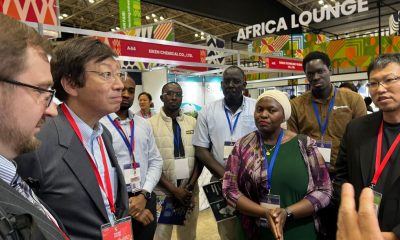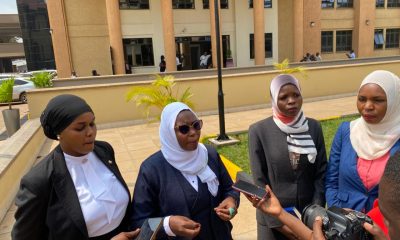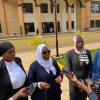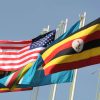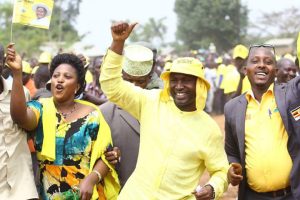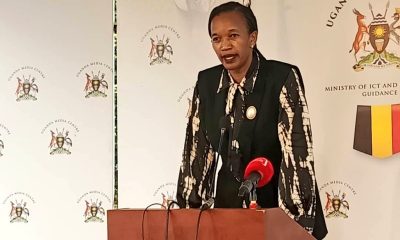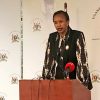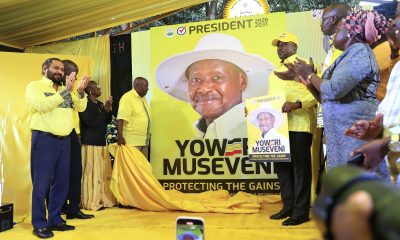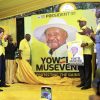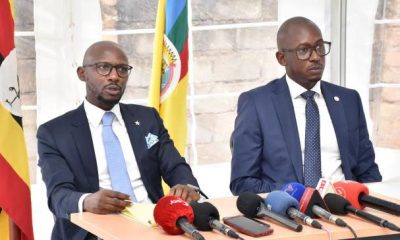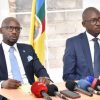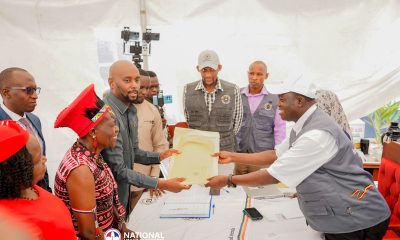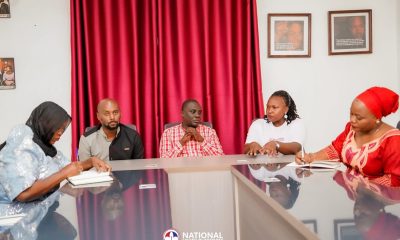Politics
Ssekikubo’s Exit Highlights Deepening Fault Lines Within the NRM Ahead of 2026 Elections
The recent public denunciation of the National Resistance Movement (NRM) by Lwemiyaga County MP Theodore Ssekikubo underscores rising tensions within Uganda’s ruling party, raising questions about its internal cohesion and electoral strategy as the country approaches the 2026 general elections.
Ssekikubo’s decision to part ways with the NRM follows the dismissal of his petition challenging retired Brigadier Emmanuel Rwashande’s victory in the Lwemiyaga County party primaries. The primaries were fraught with reports of violence, intimidation, and alleged irregularities, reflecting a growing perception among some party members that NRM internal processes are increasingly opaque and unaccountable.
Ssekikubo’s critique went beyond personal grievances. By accusing the NRM of greed and losing its ideological direction, he tapped into a broader narrative about the party’s struggle to maintain its founding principles. Over the years, the NRM has faced criticism from both grassroots members and high-profile leaders regarding centralised decision-making, favouritism in candidate selection, and weak internal dispute resolution mechanisms.
The tribunal’s dismissal of Ssekikubo’s petition, citing insufficient evidence of malpractice, highlights the limited avenues for addressing internal disputes, particularly when allegations involve sensitive issues such as violence and intimidation. Observers note that while the legal justification may hold, the perception of unfairness can fuel disillusionment among party stalwarts.
Ssekikubo’s exit signals potential electoral vulnerabilities for the NRM, particularly in constituencies where internal divisions remain unresolved. Lwemiyaga County, once considered a stronghold, now faces uncertainty as voters reassess their allegiance. Beyond this constituency, the departure of a long-serving MP may embolden other dissatisfied members to challenge the party’s candidate selection processes or even defect.
The timing of Ssekikubo’s announcement is critical. With the 2026 polls approaching, the NRM faces a dual challenge: managing internal dissent while simultaneously preparing for external competition. Persistent disputes over nominations, perceived favouritism, and allegations of malpractices risk eroding grassroots confidence and weakening the party’s electoral machinery.
Ssekikubo’s departure reflects a broader pattern of fragmentation within Uganda’s dominant political parties. While the NRM has historically relied on strong organisational structures and patronage networks, growing dissatisfaction among senior members and local leaders could reshape electoral dynamics in key regions. Analysts suggest that if unresolved, these fissures may not only influence the NRM’s performance in select constituencies but also affect national narratives around governance, accountability, and party legitimacy.
The Lwemiyaga County primaries and the subsequent fallout illustrate the delicate balance between internal democracy and party control within the NRM. Ssekikubo’s exit is more than an individual grievance—it is a signal of potential cracks in the ruling party’s structure, highlighting the need for transparent dispute resolution, adherence to party ideology, and responsive engagement with grassroots members.
As Uganda approaches the 2026 general elections, the NRM’s ability to manage dissent and maintain unity will be critical. Ssekikubo’s defection serves as both a cautionary tale and a reminder that even dominant parties must continually adapt and reform internally if they are to retain public confidence and electoral dominance.
Comments




